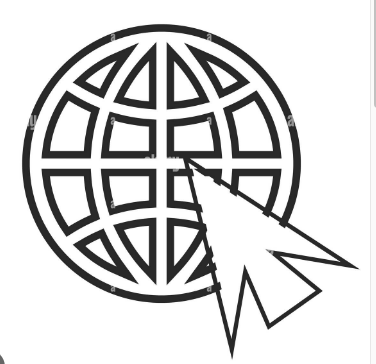For anyone living or planning to live abroad, the term “apostille” often comes up, and it can seem like a confusing piece of bureaucracy. In simple terms, an apostille is a certification that authenticates the origin of a public document (e.g., a birth certificate, marriage license, diploma, or court order) so that it can be legally recognized in another country. It’s a vital stamp of approval that simplifies international document exchange.
The Hague Apostille Convention: A Global Standard
The concept of an apostille stems from the 1961 Hague Convention Abolishing the Requirement of Legalisation for Foreign Public Documents (often shortened to the “Hague Apostille Convention”). Before this convention, a complex and often lengthy “legalization” process was required to get foreign documents accepted. This involved multiple layers of certification, often including the issuing country’s foreign ministry and the destination country’s embassy or consulate.

The Hague Convention (see Travel.State.gov) streamlined this process for its member countries. If a document is issued in one signatory country and needs to be used in another signatory country, an apostille is all that’s required. It verifies the authenticity of the signature, the capacity in which the signatory acted, and the identity of any seal or stamp on the document. This single certification eliminates the need for further diplomatic or consular legalization.
Why Do Expats Need Apostilles?
For expats, apostilles are not just a convenience; they are often a necessity for a multitude of life events and administrative tasks when relocating or living abroad. Here are some common scenarios where an apostille becomes crucial:
- Residency and Visa Applications: When applying for long-term visas or residency permits, governments often require apostilled copies of birth certificates, marriage certificates, and sometimes even police clearance certificates from your home country.
- Employment and Education: Securing a job or enrolling in a university in a foreign country frequently necessitates apostilled diplomas, academic transcripts, and professional certifications to prove their legitimacy.
- Marriage and Family Matters: Getting married abroad, registering the birth of a child, or even adopting can require apostilled birth certificates, divorce decrees, or other vital records to be recognized by local authorities.
- Property Transactions: Buying or selling property in a foreign country often involves apostilled powers of attorney or other legal documents related to ownership and transactions.
- Banking and Financial Services: Opening bank accounts or engaging in certain financial activities in a new country might require apostilled identification documents or proof of funds.
How to Obtain an Apostille
The process for obtaining an apostille generally involves these steps:
- Identify the Issuing Authority: The apostille must be issued by the competent authority in the country where the document originated. In the United States, this is typically the Secretary of State’s office in the state where the document was issued, or the U.S. Department of State for federal documents.
- Ensure Document Eligibility: Not all documents can be apostilled directly. Some may need to be notarized first (e.g., a power of attorney signed by you) before they can receive an apostille. Public documents issued by government agencies (like birth certificates) usually don’t require prior notarization.
- Submit Your Request: You’ll typically submit the original document (or a certified copy, if required by the issuing authority) along with a request form and payment to the designated apostille authority.
- Receive the Apostille: Once processed, the apostille, often a separate certificate attached to your document, will be returned to you.
Key Considerations for Expats
- Hague Convention Membership: Always confirm if the country where you intend to use the document is a signatory to the Hague Apostille Convention. If not, you’ll need to go through a more complex “consular legalization” process involving the embassy or consulate of that country.
- Timelines: Obtaining an apostille can take time, especially if you are requesting it from abroad. Factor in processing and mailing times when planning your move or administrative tasks.
- Translation: Some destination countries may require your apostilled documents to be translated into their official language. It’s often best to get the translation done after the apostille is affixed.
- Professional Assistance: For complex cases or if you’re navigating the process from overseas, consider using a professional apostille service to ensure accuracy and avoid delays.
In essence, the apostille serves as an international passport for your important documents, allowing them to cross borders seamlessly and be accepted as legitimate. Understanding its purpose and the process for obtaining it is an indispensable part of a smooth expat journey.
Let us help you to get prepared!







